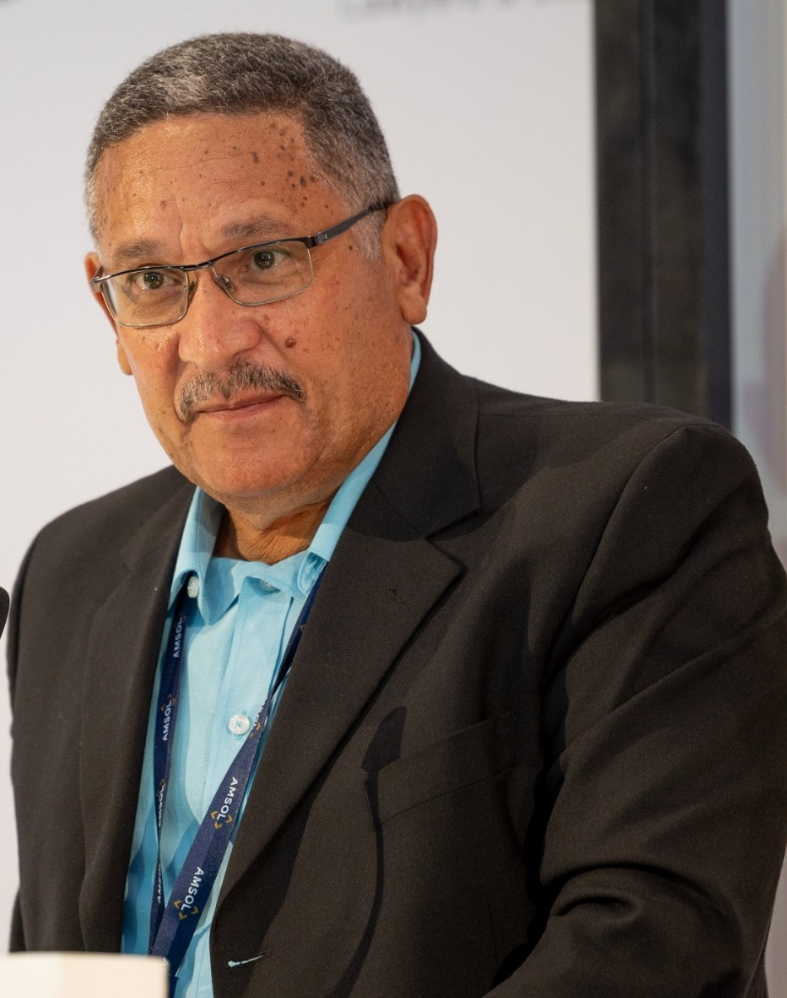Natural Gas Vital to Africa’s Energy Future, Says Oil and Gas Alliance CEO
As Africa faces a historic surge in energy demand, natural gas is emerging as the continent’s most viable path toward a just and sustainable energy future, according to Adrian Strydom, CEO of the South African Oil and Gas Alliance.
In a wide-ranging analysis titled “Natural Gas and Africa’s Energy Future: Balancing Growth and Sustainability,” Strydom argues that natural gas will play a pivotal role in bridging the gap between immediate power needs and long-term clean energy goals. By 2040, Africa will require close to 1,200 gigawatts of electricity—yet more than 600 million people remain without access to power, threatening progress in health, education, and industrialization.
“Natural gas offers flexibility, reliability, and the infrastructure potential needed to stabilize power supply and support renewable energy expansion,” said Strydom. “It is not a question of gas or renewables—but rather how to use both effectively.”
Africa holds about 7% of the world’s proven natural gas reserves. Countries like Nigeria, Mozambique, Senegal, Mauritania, and South Africa are already benefiting from extraction and investment. Nigeria’s 200 trillion cubic feet of gas support millions of jobs, while Mozambique’s Coral Sul LNG project could generate $70 million annually between 2025 and 2027.
Strydom emphasized that natural gas can complement solar and wind power, especially in countries where grids are weak and weather-dependent energy sources cannot meet demand on their own. Gas-fired plants can quickly ramp up output, ensuring grid stability even when renewable generation drops.
“Renewables are vital, but the continent cannot rely on them alone,” he said, adding that natural gas infrastructure—such as pipelines and generation plants—can be repurposed for future use with cleaner fuels like green hydrogen.
He warned that expecting African countries, which contribute minimally to global emissions, to abandon fossil fuels immediately would deepen inequality and hamper development. Instead, he called for a fair energy transition that reflects the unique needs and economic conditions of African nations.
Unlocking natural gas potential, Strydom noted, will require strategic investment, regulatory clarity, and local value retention policies to ensure revenue benefits remain in African economies.
“Africa’s energy future must be designed for its people—reliable, inclusive, and forward-looking,” he concluded. “With the right policies and partnerships, natural gas can be the foundation for a resilient and cleaner tomorrow.”



